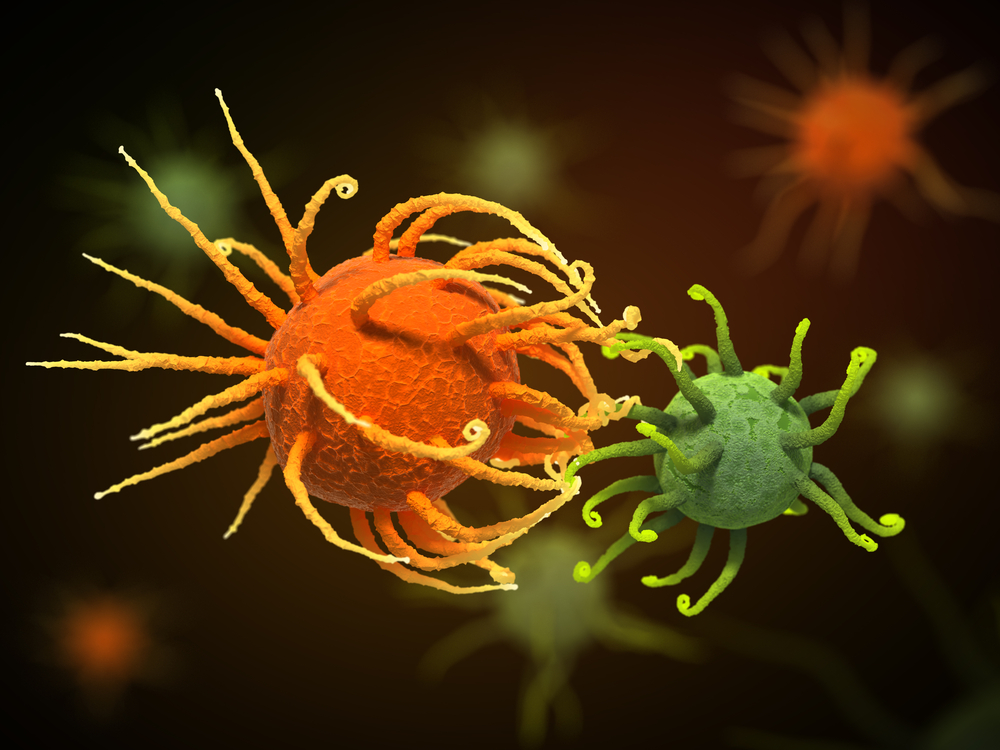7 Possible Causes of Crashing Fatigue (and How to Fix It)
It doesn’t matter how much sleep you get. You are physically exhausted. You may also be mentally and emotionally exhausted. You suffer from chronic fatigue. But what causes your crashing fatigue? What can you do to fix it? At Serenity Health Care Center in Waukesha, WI, we firmly believe in collaborating with our clients to help their bodies heal themselves. Today, we look at seven possible causes of chronic fatigue and what we can do together to fix it.
7 Potential Causes of Crashing Fatigue
1. Dehydration
Dehydration may be the leading cause of crashing fatigue. Many people suffer from dehydration because they only drink when they are thirsty. Unfortunately, when you wait until you are thirsty to drink, it is already too late. By the time you notice your thirst, you have already lost between 2 and 3% of your body fluid. This makes you physically lethargic. It also starves your brain of adequate nutrients and oxygen, making the task of focusing next to impossible.
Unfortunately, fixing dehydration it isn’t as straightforward as you think. With IV nutritional therapy, you get all the fatigue-busting benefits of hydration, plus the added bonus of essential nutrients your body needs to keep itself hydrated and heal itself. For example, without sodium, the water will run right through you and not hydrate you. At the same time, your body would flush out potassium, calcium, magnesium, and other nutrients required to keep your bones and muscles healthy and strong. Here are a few benefits, besides energy revitalization, provided by IV nutritional therapy:
- Gut support
- Migraine relief
- Asthma recovery
- Cancer support
- Infection recovery
- Infection defense booster
2. Hormonal Imbalances
Hormonal imbalances, such as perimenopause, menopause, and low testosterone, are also a common cause of extreme fatigue.
Hormone therapy may be just what the doctor ordered if you suffer from crashing fatigue, and your hormone levels are imbalanced. After the first week of bioidentical hormone therapy, people can generally expect relief from anxiety and insomnia (another cause of extreme fatigue). After the third week, both men and women often enjoy a drastic improvement in cognitive function, as well as increased energy. Here are some other potential benefits of bioidentical hormone therapy to treat extreme fatigue:
- Loss of muscle mass
- Weight gain
- Insomnia
- Excessive nighttime urination
- Hair loss
- Memory loss
- Impaired cognitive function
3. Thyroid Dysfunction
Remember, imbalanced thyroid hormones can result in “menopausal fatigue.” Even if you’re not going through perimenopause, menopause, or andropause, it is possible to have imbalanced thyroid hormones. There are two types of thyroid dysfunction, hypothyroidism, and hyperthyroidism. Hypothyroidism is a medical condition characterized by an underactive thyroid. In other words, your thyroid does not produce enough of the hormones your body needs for optimal operation.
The thyroid hormone plays an important role in several critical functions, including carbohydrate and lipid metabolism, basal metabolism and temperature regulation, proper GI functioning (sluggish or hyperactive GI can cause fatigue), and nervous system activity. When you’re nervous system is not functioning efficiently, you will feel fatigued. A great nutritional boost during your hypothyroidism recovery can be achieved by supplementing zinc, selenium, natural B vitamins, vitamins E, D, and A (not Beta Carotene), iodine, and non-carbonate calcium. Here are some other benefits of treatment:
- Improved skin pigmentation
- Weight loss
- Thicker hair
- Warm skin
- No more excessive sweating
- Improved speech
- Headache relief
- Smoother hair
- Edema relief
4. Chronic Fatigue Syndrome
Chronic fatigue syndrome, also known as myalgic encephalomyelitis, is a condition that goes far beyond being constantly tired. The level of fatigue interferes with your daily life to the point you can no longer care for your loved ones or hold down a job. Some people suffering from chronic fatigue syndrome even become disabled to the point of being bedridden, suffering from chronic pain, and other flu-like symptoms.
Currently, there is no cure for chronic fatigue syndrome. However, scientists are working hard on developing a cure. In the meantime, based on our understanding of the condition, there is treatment available. Affecting primarily women in their 40s and 50s with a family history of the condition, chronic fatigue syndrome can be treated by evaluating infectious processes and identifying via biofeedback any other conditions.
5. Hashimoto’s Disease
Hashimoto’s disease is a medical condition typically considered to be a thyroid disease. While this disease affects the thyroid, it is primarily an immune reaction. This disease can lead to either hyperthyroidism or hypothyroidism. If your immune system is attacking your thyroid gland as if it is a foreign body, you suffer from Hashimoto’s disease.
In 90% of cases, the symptoms of autoimmune thyroid disease can be improved with vitamin D supplementation. Other methods for improving symptoms include lemon balm, green tea and grape seed extracts, licorice, and other natural supplementation. Moreover, depending on which part of your immune system is hyperactive, you will benefit significantly from balancing your levels of TH-1 and TH-2 cytokines. Unfortunately, once the gene for this autoimmune disease is activated, it cannot be deactivated. Here are some added benefits of treating Hashimoto’s disease:
- Memory loss
- Depression
- High cholesterol
- Constipation
- Weight gain
- Hair loss
6. Adrenal Fatigue
Conventional medicine does not recognize or treat the symptoms caused by adrenal fatigue. This syndrome is characterized by chronic fatigue, low libido, infertility, low blood pressure, and several other symptoms. However, this syndrome is diagnosable via blood and saliva testing. The blood test identifies the body’s production of progesterone, aldosterone, testosterone, and DHEA. The saliva test identifies the abundance of cortisol in the body.
If you suffer from adrenal fatigue, there are several treatment options available to you. Depending on your hormone levels, you may need to receive a bio-identical cortisol supplement. Alternatively, you may need to supplement your body’s production of pregnenolone or DHEA. Moreover, you may find that you benefit from lifestyle changes and dietary supplements to help you restore your overall health and wellness. Examples include:
- Whole grains
- Bio-available protein
- Vegetables
- Nuts
- Dairy
- Sea salt
- Healthy fats (coconut oil, grapeseed oil)
- Legumes
- Eggs
- Fish
- Lean meats
7. Lyme Disease
Lyme disease is an under-researched, debilitating disease spread by the bacteria known as Borrelia burgdorferi. In adults, symptoms include fatigue, rashes, achy joints, flu-like symptoms, sleep disorders, cognitive impairment, impaired vision, heart conditions, and more.
To treat extreme fatigue caused by Lyme disease, detoxify the endotoxins caused by the bacteria, restore your body’s natural biochemistry, receive IV nutritional therapy as you are recovering, and take herbal supplements to support your recovery process.
Learn More About Causes and Treatments for Fatigue Today
Is crashing fatigue preventing you from living life to the fullest? Depending on the cause of your fatigue, you may also suffer from several other quality of life-impairing symptoms. There is hope.
Call us today at Serenity Health Care Center in Waukesha, WI at (262) 522-8640 or book an appointment online. Dr. Debra Muth, ND, Dr. Greg Brown, MD, and the rest of the staff at Serenity Health Care Center believe strongly that by forming a partnership with you, we can help your body heal itself.






 It’s helpful for people to understand how practitioners are defining ADD, ADHD and autism. First, focus on the similarities. All of these conditions may cause someone to be overly active or impulsive. They may also have difficulties interacting with people. In fact, people can be diagnosed with both ADHD and autism.
It’s helpful for people to understand how practitioners are defining ADD, ADHD and autism. First, focus on the similarities. All of these conditions may cause someone to be overly active or impulsive. They may also have difficulties interacting with people. In fact, people can be diagnosed with both ADHD and autism.